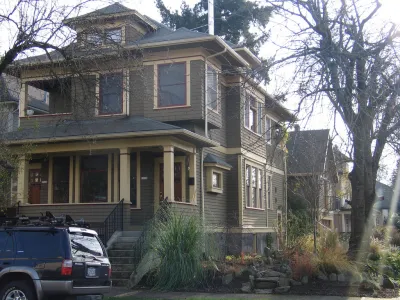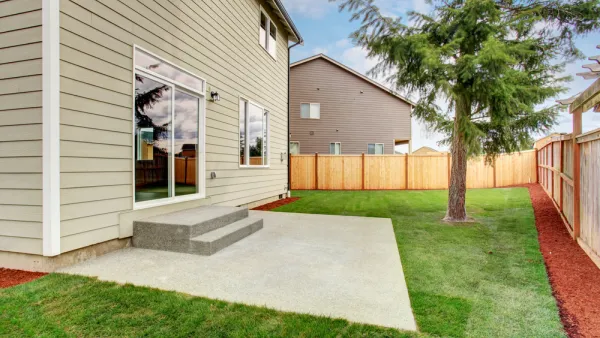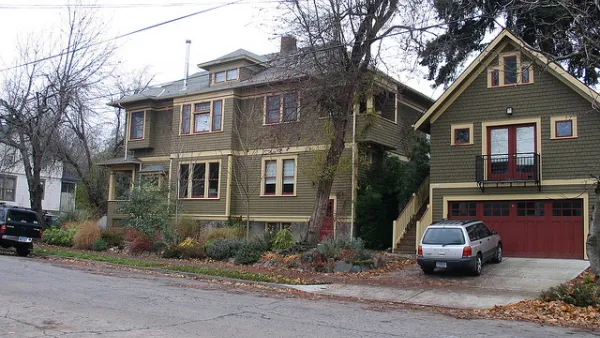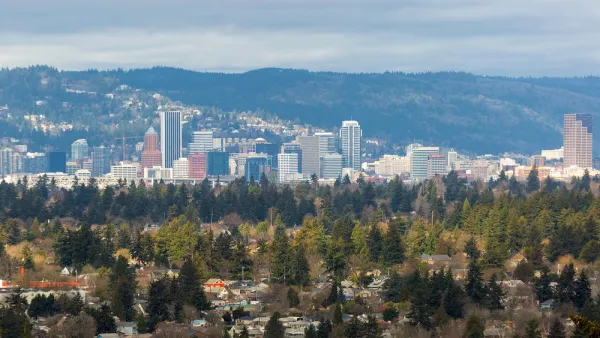Since Portland began subsidizing accessory dwelling units (ADU) by waiving development fees, construction of ADUs have increased to a pace of more than 100 a year. A new study finds additional benefits in the low impact of ADUs on neighborhoods.

Michael Anderson reports the findings of a new study by the State of Oregon Department of Environmental Quality: "When it comes to cars, accessory units in backyards and basements are nearly as low-impact as big apartment buildings next to bus lines."
The study, titled Accessory dwelling units in Portland, Oregon: evaluation and interpretation of a survey of ADU owners [PDF], found that "[the[ average rental unit in Portland brings 1.31 cars on site, according to the U.S. Census. For transit-oriented apartment buildings, that falls to 0.83 cars — and for accessory dwelling units, it’s 0.93 cars."
"In other words, transit-oriented apartments have been bringing 37 percent fewer cars into the city than the typical rental unit, and accessory dwellings (usually defined in Portland as being less than 800 square feet with a private entrance, bathroom and kitchen, among other requirements) bring in 29 percent fewer cars."
FULL STORY: Backyard homes are almost as car-lite as apartments on transit lines, study finds

Analysis: Cybertruck Fatality Rate Far Exceeds That of Ford Pinto
The Tesla Cybertruck was recalled seven times last year.

National Parks Layoffs Will Cause Communities to Lose Billions
Thousands of essential park workers were laid off this week, just before the busy spring break season.

Retro-silient?: America’s First “Eco-burb,” The Woodlands Turns 50
A master-planned community north of Houston offers lessons on green infrastructure and resilient design, but falls short of its founder’s lofty affordability and walkability goals.

Test News Post 1
This is a summary

Analysis: Cybertruck Fatality Rate Far Exceeds That of Ford Pinto
The Tesla Cybertruck was recalled seven times last year.

Test News Headline 46
Test for the image on the front page.
Urban Design for Planners 1: Software Tools
This six-course series explores essential urban design concepts using open source software and equips planners with the tools they need to participate fully in the urban design process.
Planning for Universal Design
Learn the tools for implementing Universal Design in planning regulations.
EMC Planning Group, Inc.
Planetizen
Planetizen
Mpact (formerly Rail~Volution)
Great Falls Development Authority, Inc.
HUDs Office of Policy Development and Research
NYU Wagner Graduate School of Public Service




























